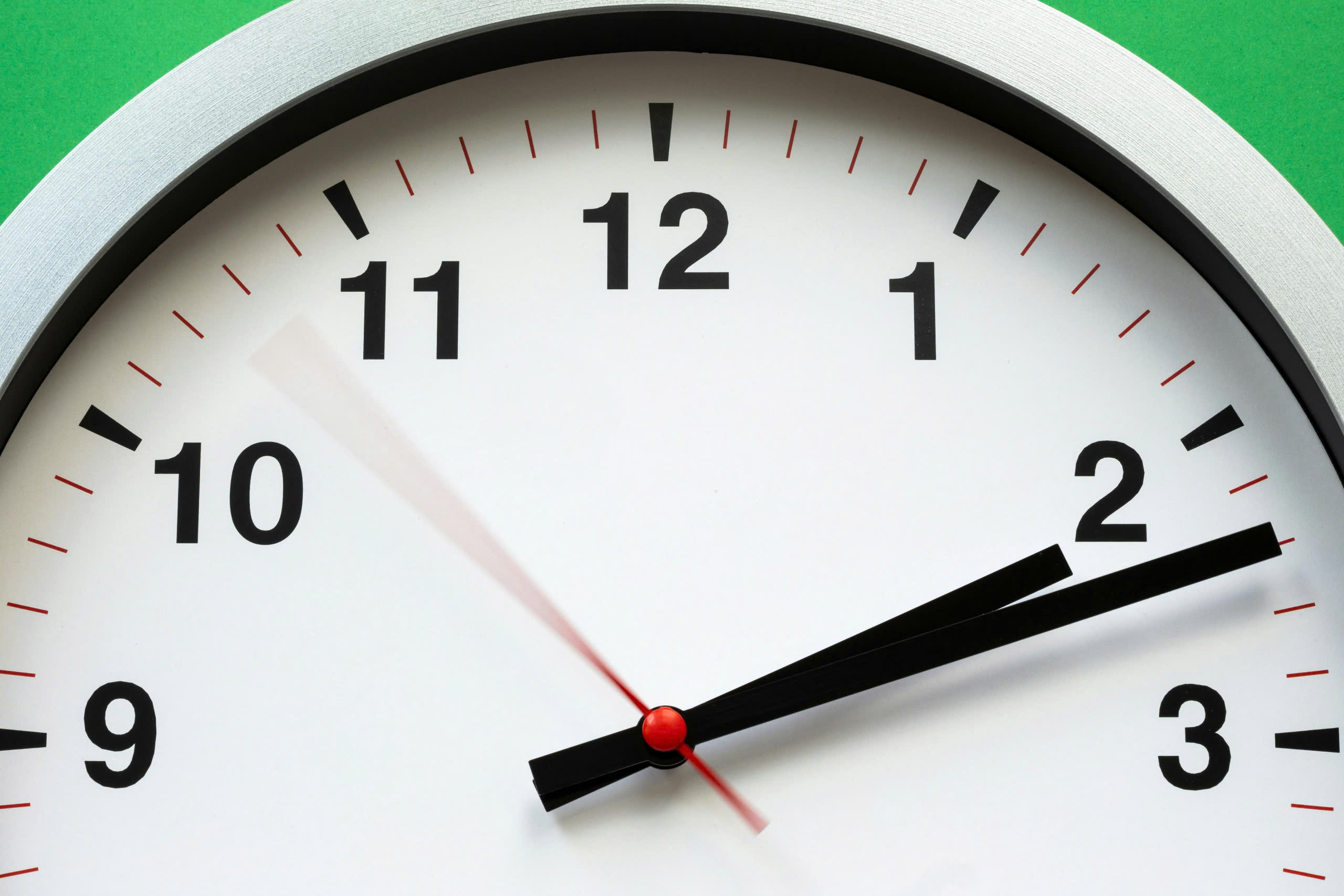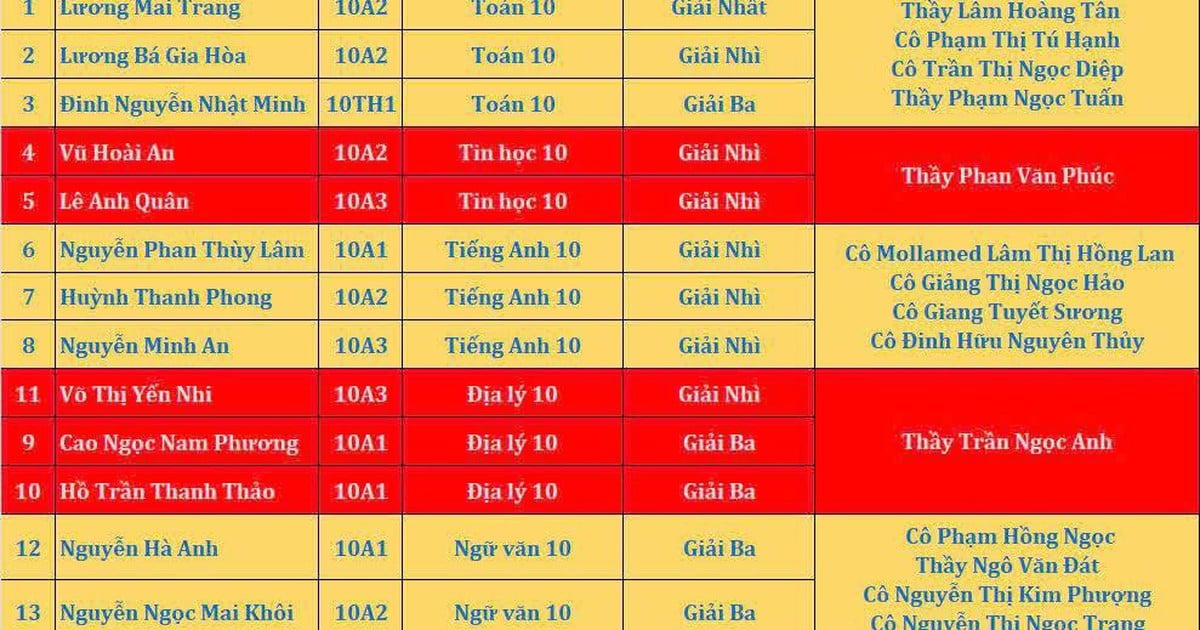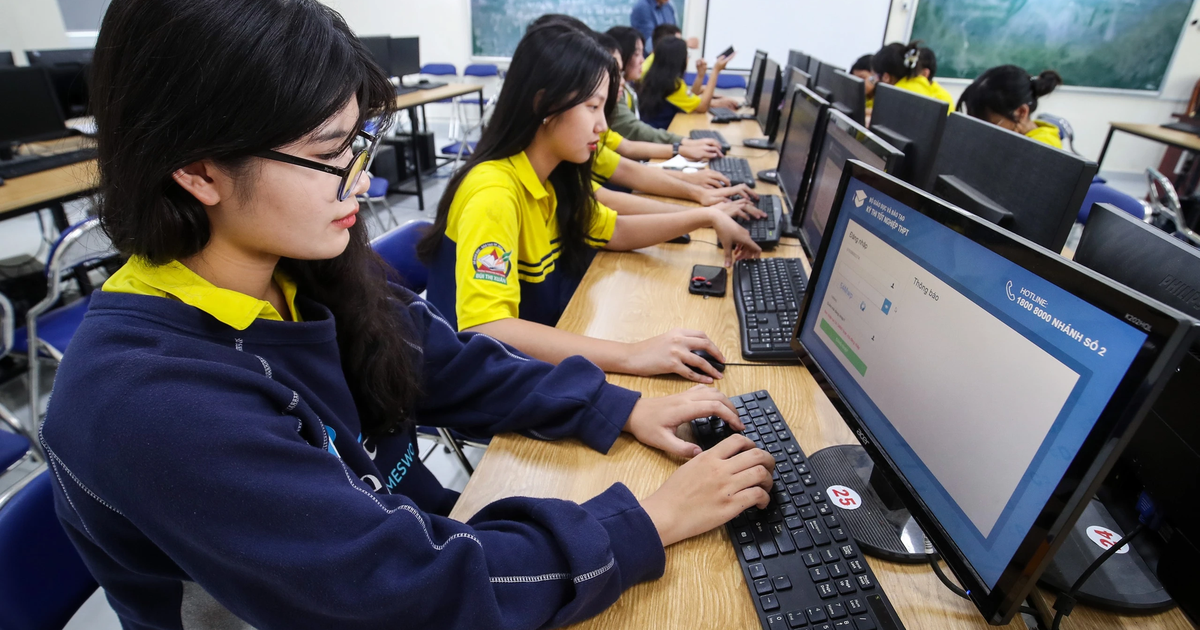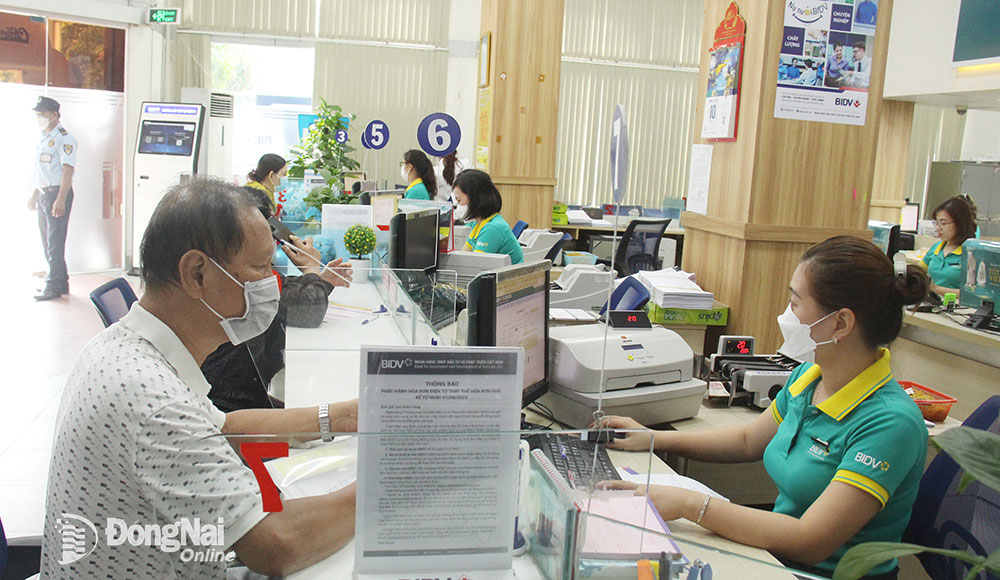Napping can significantly improve mental and physical health, help increase alertness, improve mood, and enhance memory.
The human body needs 7-8 hours of sleep at night, but many people still need an extra nap at noon to recharge their body and mind.
Here, two top US hospitals explain the benefits of napping and the best ways to take it.
According to information from Johns Hopkins Hospital (USA), the great benefits of a nap include:

For naps, timing and duration are important.
Reduce health problems. Napping can help improve concentration and reduce the risk of health problems, while also helping to lower blood pressure and reduce the risk of heart disease.
Control stress and mood. Napping stimulates the release of “happy” hormones like serotonin and dopamine, which help control stress.
Boost brain health. Napping helps keep your mind fresh and creative, while also improving your brain's ability to retain and process information. Napping also helps consolidate memory.
The best way to take a nap
While napping can benefit your mental and physical health, getting the right kind of sleep is essential for optimal health. In particular, the timing and duration of sleep are important, according to Johns Hopkins Medicine.

Research shows that 1pm to 3pm is the ideal time to take a nap because it can improve cognitive function.
To maximize the benefits, the Mayo Clinic hospital system (USA) recommends you try the following tips:
Keep naps short. Naps of 20 to 30 minutes are ideal for older brains, and longer naps can cause cognitive problems. Recent research has shown that naps under 30 minutes are best for preventing cognitive decline. Short naps also help prevent sluggishness, but it’s best to keep them no longer than 30 minutes. Longer naps can lead to more grogginess afterward, according to the Mayo Clinic.
Take a nap in the early afternoon. Research shows that 1pm to 3pm is the ideal time to nap because it can improve cognitive function. Napping after 3pm can also make it harder to sleep well at night.
Create a quiet space. Nap in a quiet, dark place at a comfortable room temperature. Limit distractions such as televisions, computers, phones, and other devices.
After your nap, give yourself time to wake up before returning to your activities. This is important if you need to perform a task that requires quick reactions or alertness.
Source: https://thanhnien.vn/benh-vien-noi-tieng-cua-my-chi-cach-ngu-trua-tot-nhat-185241111161526687.htm


![[Photo] Prime Minister Pham Minh Chinh receives Mr. Jefferey Perlman, CEO of Warburg Pincus Group (USA)](https://vstatic.vietnam.vn/vietnam/resource/IMAGE/2025/4/18/c37781eeb50342f09d8fe6841db2426c)

![[UPDATE] April 30th parade rehearsal on Le Duan street in front of Independence Palace](https://vstatic.vietnam.vn/vietnam/resource/IMAGE/2025/4/18/8f2604c6bc5648d4b918bd6867d08396)

























































































Comment (0)